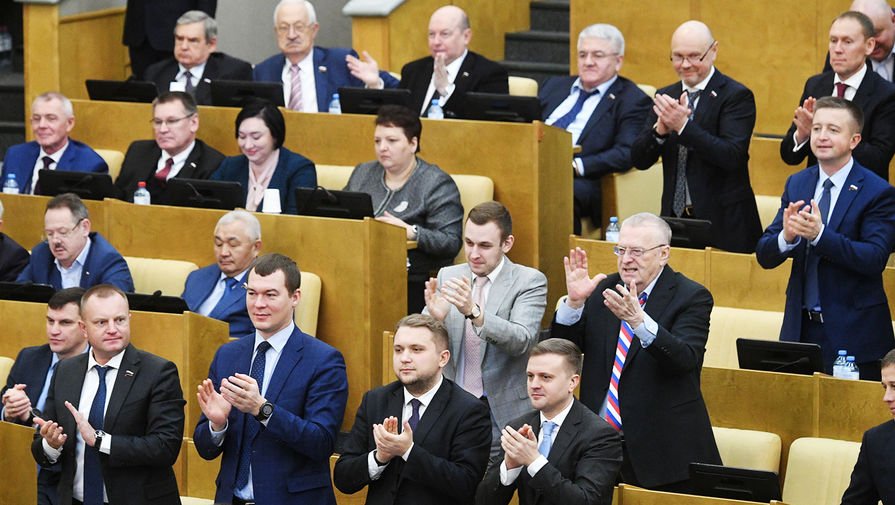Moscow | July 16, 2025 — The Russian State Duma is set to review a series of controversial legislative proposals aimed at expanding the grounds for revoking acquired Russian citizenship and cracking down on digital privacy tools and extremist content.
The centerpiece of the upcoming plenary session is the second reading of a bill that seeks to broaden Article 24 of the federal law “On Citizenship of the Russian Federation.” The draft legislation — spearheaded by Duma Speaker Vyacheslav Volodin and a group of pro-Kremlin lawmakers — significantly enlarges the list of criminal offenses that can lead to the loss of Russian citizenship acquired through naturalization.
Under the proposed changes, individuals convicted of violent sexual offenses against minors, acts resulting in grievous bodily harm, or negligent homicide could be stripped of their Russian citizenship. The list also includes a host of politically sensitive and security-related offenses, such as:
Public calls for terrorism or justification of terrorist acts
Illegal interference with Russia’s critical information infrastructure
Collaboration with foreign governments against Russian state security
Assistance to enemy forces in activities directed against the Russian Federation
Promotion of Nazi symbols and extremist ideology
Cooperation with foreign judicial or international bodies not recognized by Moscow
Further amendments introduce even more severe crimes into the list, including murder, gang rape, sexual violence with extreme cruelty, and lewd acts against multiple victims. Organizing illegal migration and any crime committed with extremist motives are also grounds for citizenship revocation.
Critics have raised concerns over the bill’s vague language, warning that it may be used to suppress dissent and target political opponents under the pretense of national security. While Russia has previously revoked citizenship in isolated cases, legal scholars note that this bill institutionalizes a broader, more politically charged framework for such actions.
VPN Crackdown and Drone Development
In a parallel move, lawmakers are also considering an administrative law that would impose penalties for advertising or facilitating access to Virtual Private Network (VPN) services, which are commonly used by Russian citizens to bypass government censorship. The proposed bill also criminalizes search requests for extremist materials — a clause that analysts say could further limit access to independent information in the country.
On a separate note, the Duma will discuss a bill aimed at supporting the domestic production of civil-use unmanned aerial vehicles (UAVs), as part of a broader state effort to strengthen Russia’s technological self-reliance amid Western sanctions.
Context and Outlook
These measures reflect a tightening of control over both the digital and legal domains, amid growing concerns in the Kremlin over internal dissent, cybersecurity vulnerabilities, and geopolitical isolation. The legislation follows a pattern of expanding executive authority and suppressing avenues for independent civil society activity since the beginning of the war in Ukraine.
If passed into law, the expanded revocation powers could have significant implications for Russia’s large population of naturalized citizens, many of whom hail from Central Asia, the Caucasus, and Ukraine. Observers warn that the vague definition of “anti-state activity” leaves the law open to selective enforcement and potential abuse.
Meanwhile, the VPN ban could further isolate Russian internet users and complicate access to international platforms, particularly among the younger, urban demographic.
As the legislation moves forward, human rights organizations and legal experts — both within and outside Russia — are watching closely for signs of how aggressively these new powers will be enforced.


